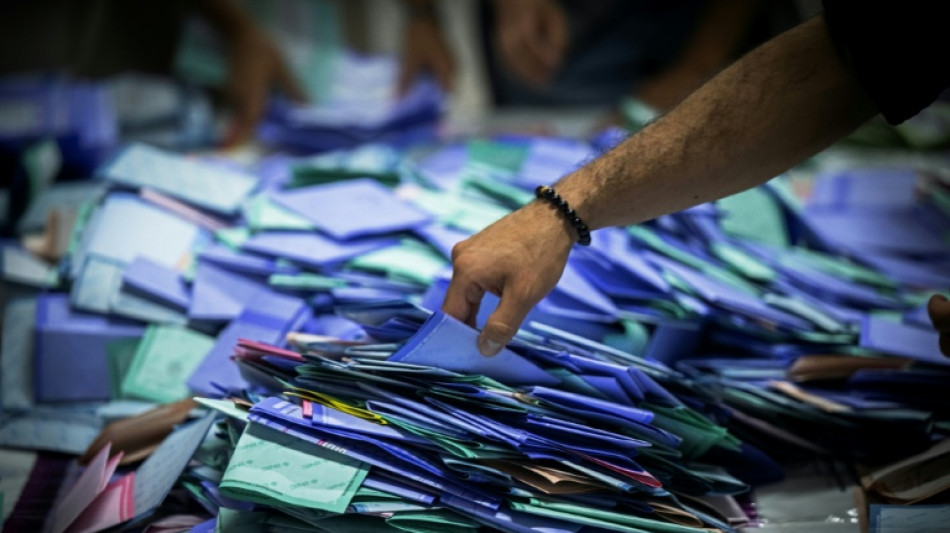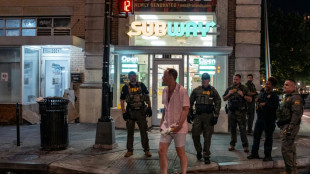

Mexico president defends world-first judicial vote despite low turnout
Mexican President Claudia Sheinbaum hit back Monday at criticism of her country's unprecedented election of judges, after most voters skipped a ballot that her opponents called a farce.
Sunday's election followed highly contentious reforms making Mexico the only country in the world to let voters select all of their judges, including Supreme Court justices.
As officials began the long process of tallying votes, Sheinbaum hailed the "complete success" of an exercise she said was needed to clean up a judiciary mired in corruption.
The National Electoral Institute said around 13 percent of eligible voters took part in a poll that critics said would erode democratic checks and balances and leave judges more vulnerable to criminal influence.
The low participation rate compared with turnout of around 60 percent in presidential elections last year that Sheinbaum won by a landslide.
The veteran left-winger told Mexicans on Monday that they have "nothing to fear."
"Mexico is a free, democratic country -- that won't change. Nothing will change, except access to justice," she said at her daily news conference.
Sheinbaum pushed back at claims "that we're heading toward authoritarianism and that the president will have a lot of power because she'll control the judiciary."
"Now the judges, magistrates and justices answer to the people," she said, rejecting comparisons to authoritarian states like Venezuela, Cuba and Nicaragua.
- 'Dark day' -
The leader of the opposition Institutional Revolutionary Party (PRI), Alejandro Moreno, denounced the vote as a "farce" and called it a "dark day for democracy."
The elections showed Sheinbaum's Morena party was "willing to do anything to concentrate power. They weaken the justice system, trample on institutions, and block the way to democratic debate," he said.
Many voters seemed daunted by the long list of largely unknown candidates in an election for around 880 federal judges as well as hundreds of local judges and magistrates.
Another election for the remainder will be held in 2027.
Arturo Giesemann, a 57-year-old retiree, said his main reason for voting was "the disgust I have with the current judiciary because of its corruption."
In the western state of Jalisco, 63-year-old housewife Maria Estrada said she used her "intuition" because she did not know the candidates.
Hundreds of opponents of the reforms marched through Mexico City waving flags and banners with slogans including: "Hands off our democracy" and "No to electoral fraud."
The elections send the judiciary "to its grave," said Ismael Novela, a 58-year-old company worker.
"It was the last counterweight we had against the totalitarianism of the executive branch."
- 'Good reputation' -
Rights group Defensorxs had identified around 20 candidates it considered "high risk," including Silvia Delgado, a former lawyer for Sinaloa Cartel co-founder Joaquin "El Chapo" Guzman.
Another aspiring judge, in Durango state, spent almost six years in prison in the United States for drug crimes.
Candidates were supposed to have a law degree, experience in legal affairs and what is termed "a good reputation," as well as no criminal record in Mexico.
To do a good job, voters would have had "to spend hours and hours researching the track record and the profiles of each of the hundreds of candidates," said David Shirk, an expert on Mexico's justice system at the University of San Diego.
The judicial reforms were championed by Sheinbaum's predecessor and mentor Andres Manuel Lopez Obrador, who frequently clashed with the courts before stepping down last year.
The main reason for the elections seems to be "because Lopez Obrador had a grudge against the judges," Shirk said.
Q.Phillips--VC







